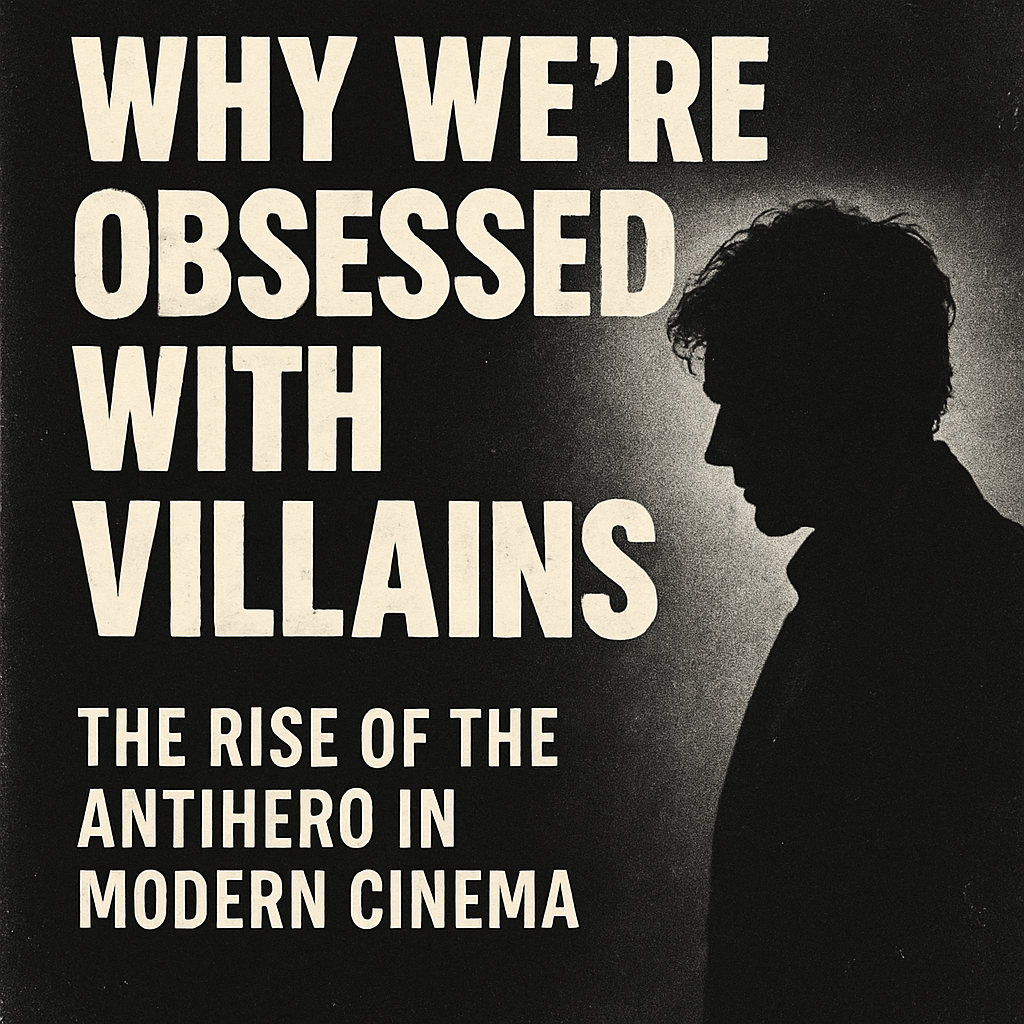Cinematography is one of the most crucial aspects of filmmaking. Often, it's the visuals that stay with us long after the credits roll, whether it's a breathtaking wide shot of a landscape, a heart-pounding close-up, or a perfectly timed use of light and shadow. The power of cinematography lies in its ability to tell a story without words—using the camera, lighting, composition, and color to evoke emotions, convey themes, and enhance the narrative.
In this blog, we'll dive into the art of cinematography, exploring how filmmakers use visual techniques to create a cinematic experience that lingers long after the film ends.
1. The Importance of Composition: Framing the Story
Composition is the backbone of any film. It's how a shot is framed, what's included within the frame, and what is left out. A well-composed shot can give you information about the characters, the mood of the scene, and even the thematic undertones of the film.
Take, for example, Wes Anderson's distinctive use of symmetrical shots. His precise framing and use of bold colors are not just visually striking but serve to enhance the quirky, stylized world his films create. In The Grand Budapest Hotel, every scene is meticulously framed with equal space on both sides, creating a sense of order in a world that's anything but orderly.
On the other hand, directors like Alfonso Cuarón, known for Gravity and Children of Men, use long, uninterrupted shots that immerse the audience in the action. These long takes allow the viewer to experience the environment firsthand and make the tension more palpable. In Gravity, the long opening shot in space not only introduces the world but also establishes the vulnerability of the characters, floating helplessly in a vast, empty universe.
2. Lighting: The Silent Storyteller
Lighting is one of the most important tools in a cinematographer's arsenal. It sets the mood, defines the time of day, and can even reflect a character's emotional state. Different types of lighting, such as hard and soft light, can dramatically alter the tone of a scene.
In Blade Runner 2049, cinematographer Roger Deakins uses light to create a dystopian world that feels both futuristic and haunting. The glowing neon signs against the backdrop of a desolate, rain-soaked city create a world that feels cold and impersonal. The contrast between light and shadow emphasizes the emotional isolation of the film's protagonist, K.
On the flip side, in La La Land, cinematographer Linus Sandgren uses warm, golden lighting to convey the magic of Los Angeles. The soft, dreamy light enhances the film's romantic tone, especially in the iconic opening scene where Emma Stone and Ryan Gosling dance on the freeway. The lighting here is essential to creating the film's optimistic, nostalgic feeling.
3. Color: More Than Just a Palette
Color is another powerful storytelling tool in cinematography. It can signify everything from a character's emotional state to larger thematic elements within the story. A shift in color palette can indicate a dramatic change in tone or setting.
In The Matrix, the use of green throughout the film is a symbolic representation of the digital world the characters inhabit. The sickly green hue of the Matrix contrasts with the warmer, more natural tones of the real world, visually representing the divide between the two.
Another great example is The Grand Budapest Hotel, where director Wes Anderson uses bright, bold colors to emphasize the whimsical and exaggerated world of the hotel. The use of pinks, purples, and oranges creates a sense of fantasy, while the contrasting muted tones of the outside world serve as a reminder of the tragic events unfolding.
4. Camera Movement: Bringing the Audience Into the Action
The movement of the camera is essential in guiding the audience's attention. Whether it's a slow push-in to highlight a character's emotional shift or a rapid pan to follow a chase, camera movement can intensify the drama and make the viewer feel more connected to the story.
One of the best examples of innovative camera work is from Birdman, directed by Alejandro González Iñárritu. The film is made to look like one continuous shot, creating an immersive experience that pulls the audience into the emotional chaos of the protagonist's life. The constant movement of the camera enhances the feeling of instability and tension, making every moment feel like it's happening in real-time.
Meanwhile, in The Revenant, cinematographer Emmanuel Lubezki uses long, fluid camera movements to mirror the protagonist's survival journey. The use of wide shots and long takes immerses the audience in the rugged landscape, emphasizing the harshness of the environment and the struggle for survival.
5. The Power of Visual Storytelling
Ultimately, cinematography is all about using visuals to enhance the storytelling experience. It's not just about making a film look beautiful—it's about using the camera and visual techniques to convey deeper meanings and connect the audience emotionally to the narrative. Whether it's through composition, lighting, color, or camera movement, cinematography is an essential element that turns a good movie into a truly great one.
Conclusion: The Language of Film
In conclusion, cinematography is not just about capturing beautiful images—it's a language of its own. Each shot, each frame, and each piece of lighting contributes to telling a story in a way words cannot. The best filmmakers understand the power of this visual language and use it to create worlds that are as emotionally engaging as they are visually stunning.
Whether you're watching a fast-paced action scene or a quiet, intimate moment, the cinematography of a film will always speak to you in ways you may not even realize. It's the unsung hero of filmmaking—quietly working behind the scenes to tell the story.



















